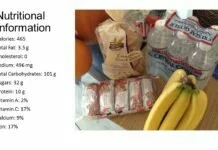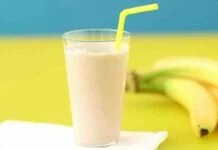Eating seaweed and especially the raw one will give you lots of health benefits. For instance, taking just 2 tablespoonfuls or 1/8 of a cup or 10g of the seaweed nutrition is all you need as it will supply you with the following:
Low calories
Seaweed is not one of the best sources of calories as these 2 spoonfuls will only supply you with 5 calories.
Low fat
The fat is also low and in this case, you are looking at 0.1g or 0% of the fat, representing 0% of the fat. The rest, that is saturated, unsaturated and the polyunsaturated fats are all nil.
There is no cholesterol and definitely this makes it worthwhile seaweed nutrition. Sodium is however high at 3% of the daily value and this essentially means that you will have that percentage from the 87mg.Potassium has 0% of the daily value from the 5mg.
Carbs
Apart from the fact that the fat and calories are low, you will find that this food is equally low in carbs. It stands at 0.9g. The same can be said of the protein which stands at 0.3g.
Vitamins and minerals
There are only a few vitamins and minerals that are worth counting here. Save for the 2% sodium and 1% each for calcium and iron, there are no others and this means that the seaweed nutrition is not rich in this aspect.
There is however likely to be some changes when you vary the serving size. For instance, the 100g of the same will give you 45 calories, 0.2g of saturated fat, 0.1g of the monounsaturated fat and a whopping 872mg or 36% of the daily value. Potassium will increase to 1% for the 5omg.
The dietary fibre will change to 2% of the daily value at 0.5g and the sugar will stand a 0.7g.
There are a lot of inferences we can make from this conclusion. The varying of the amount of serving has a significant change in the nutrition value and this could be the reason why we should not rush to pass a harsh judgement on any particular food. You will also realize that there will be much more changes in the nutritional value of the seaweed when you switch from one variety to the other. We have the kelp seaweed and laver as well. Each of these have their respective seaweed nutrition and one should make effort to understand what each of them is all about from the nutrition point of view.
Some of the commonly asked questions revolve around whether for one this could be considered to be a vegetable. The seaweed is said to have lots of nutrients, sometimes even more than the vegetables and the fact that it is a staple diet in some cultures qualifies it to be a vegetable.
The diuretic aspect of the seaweed is quite something and generally means that it will lower the amount of water that the body holds and this would mean less bloating.





















